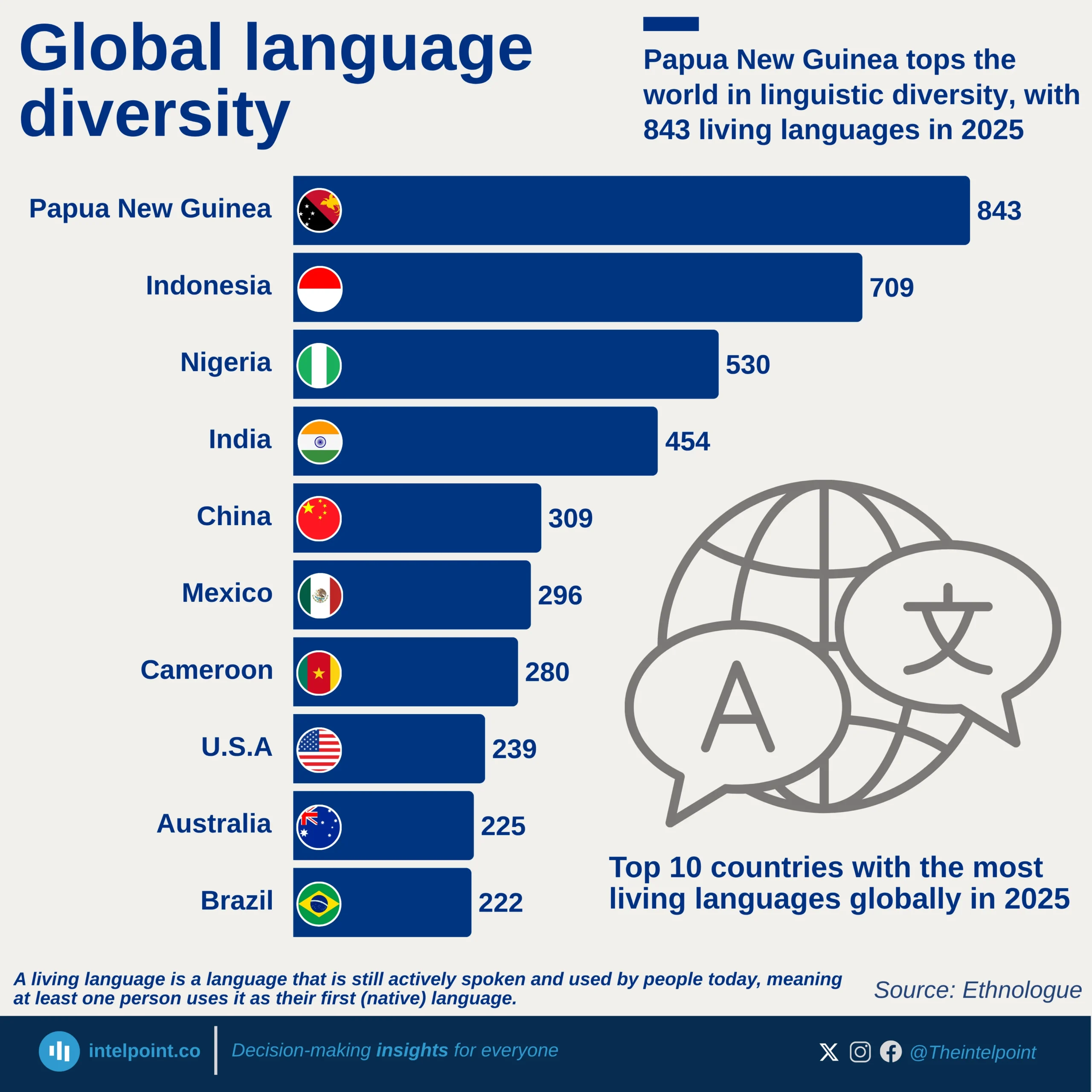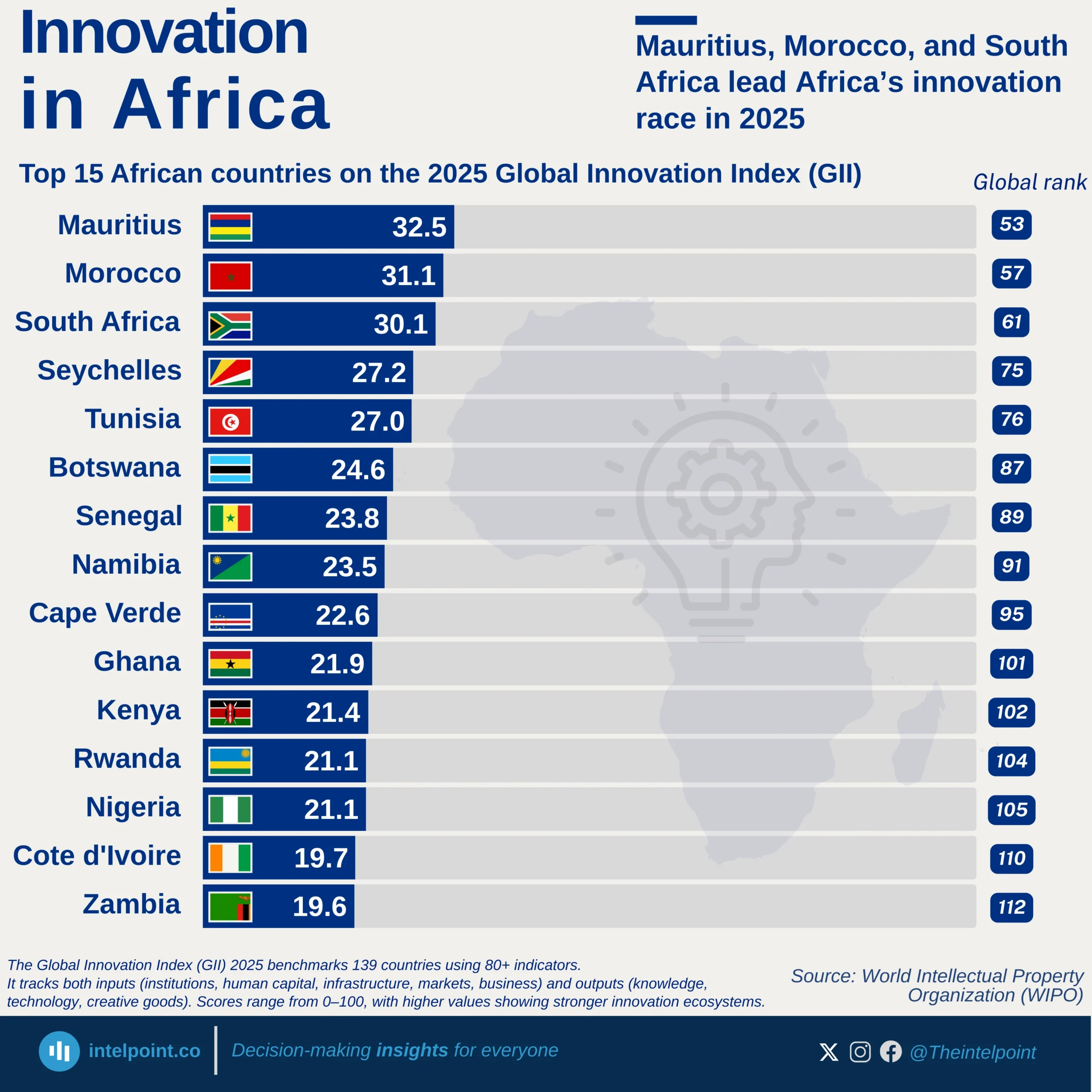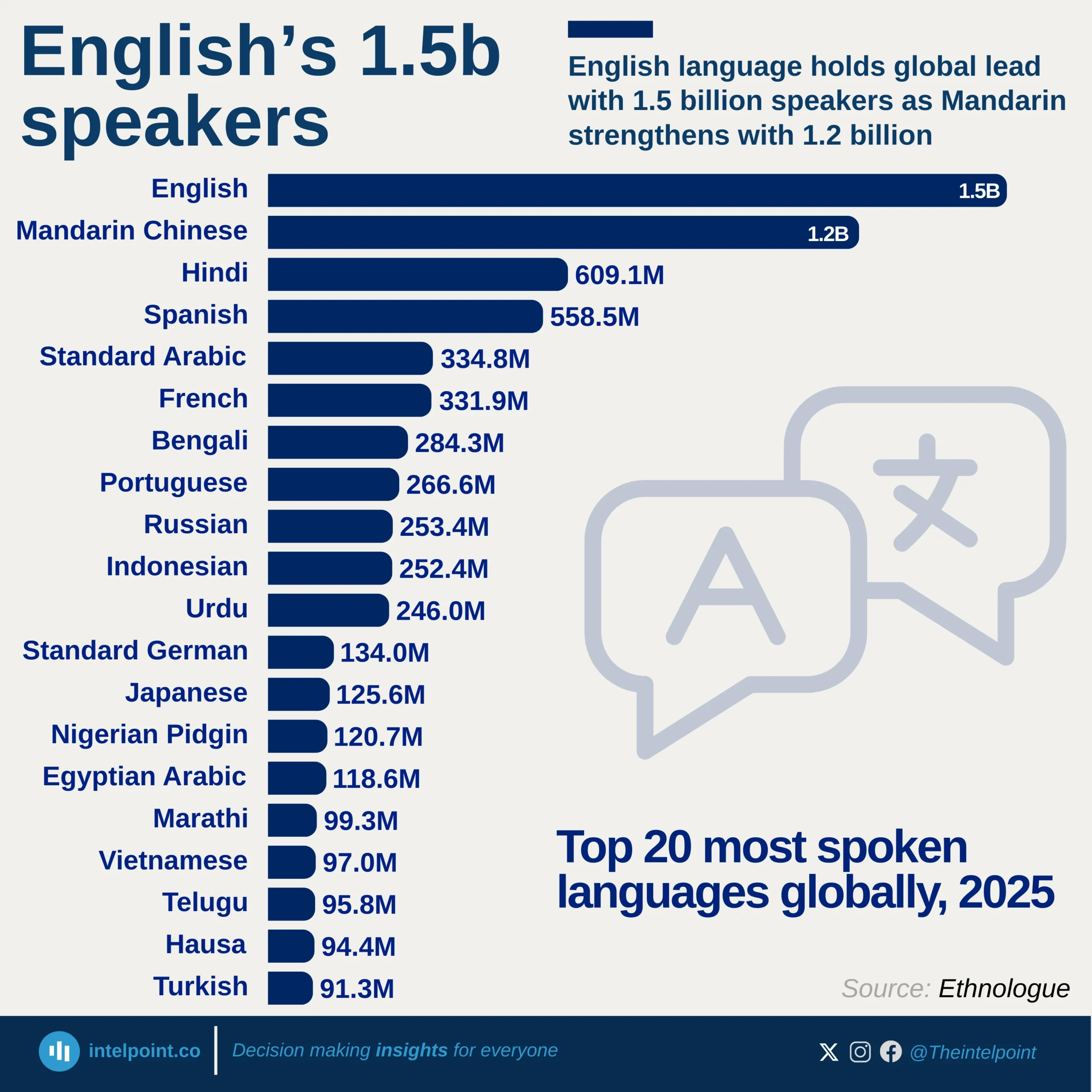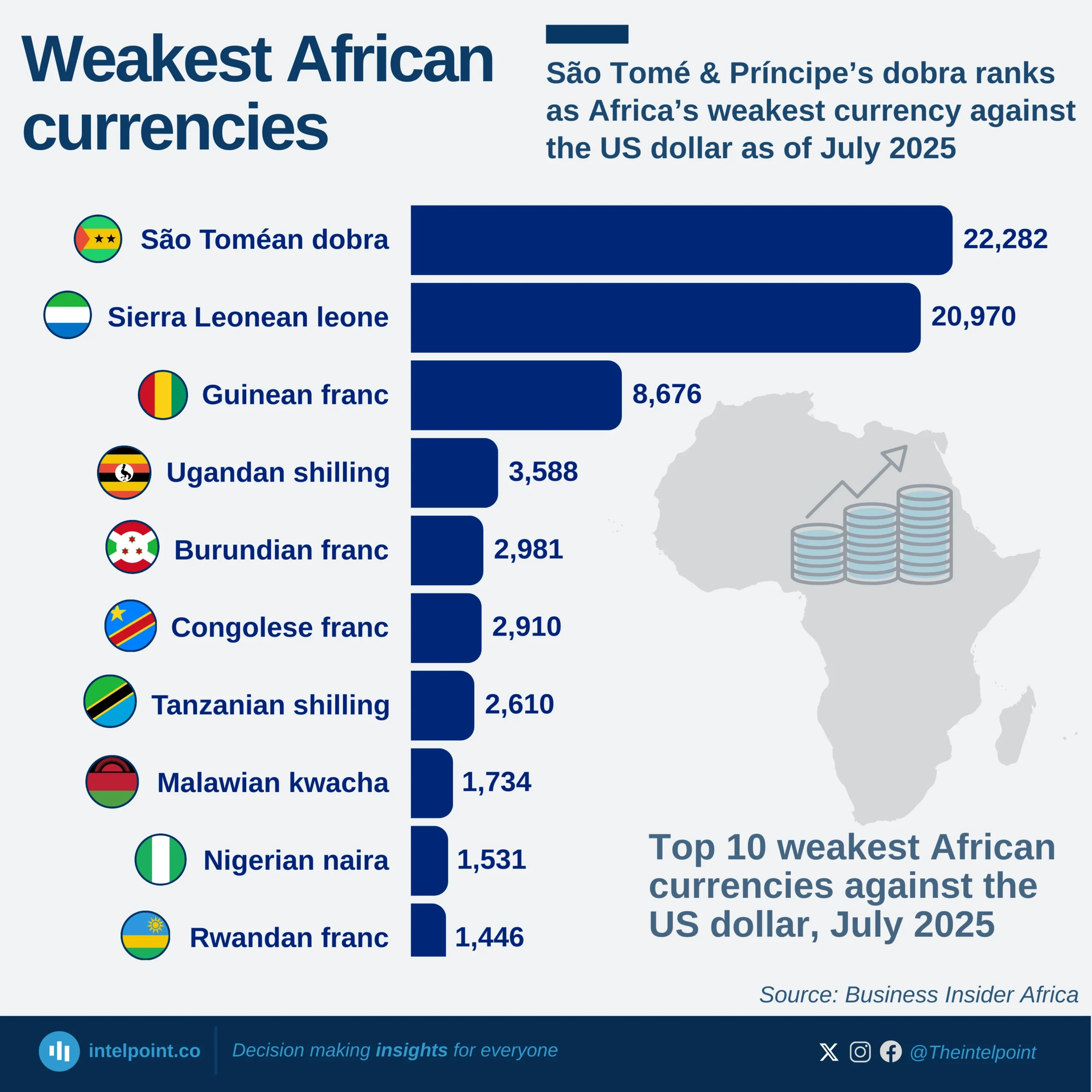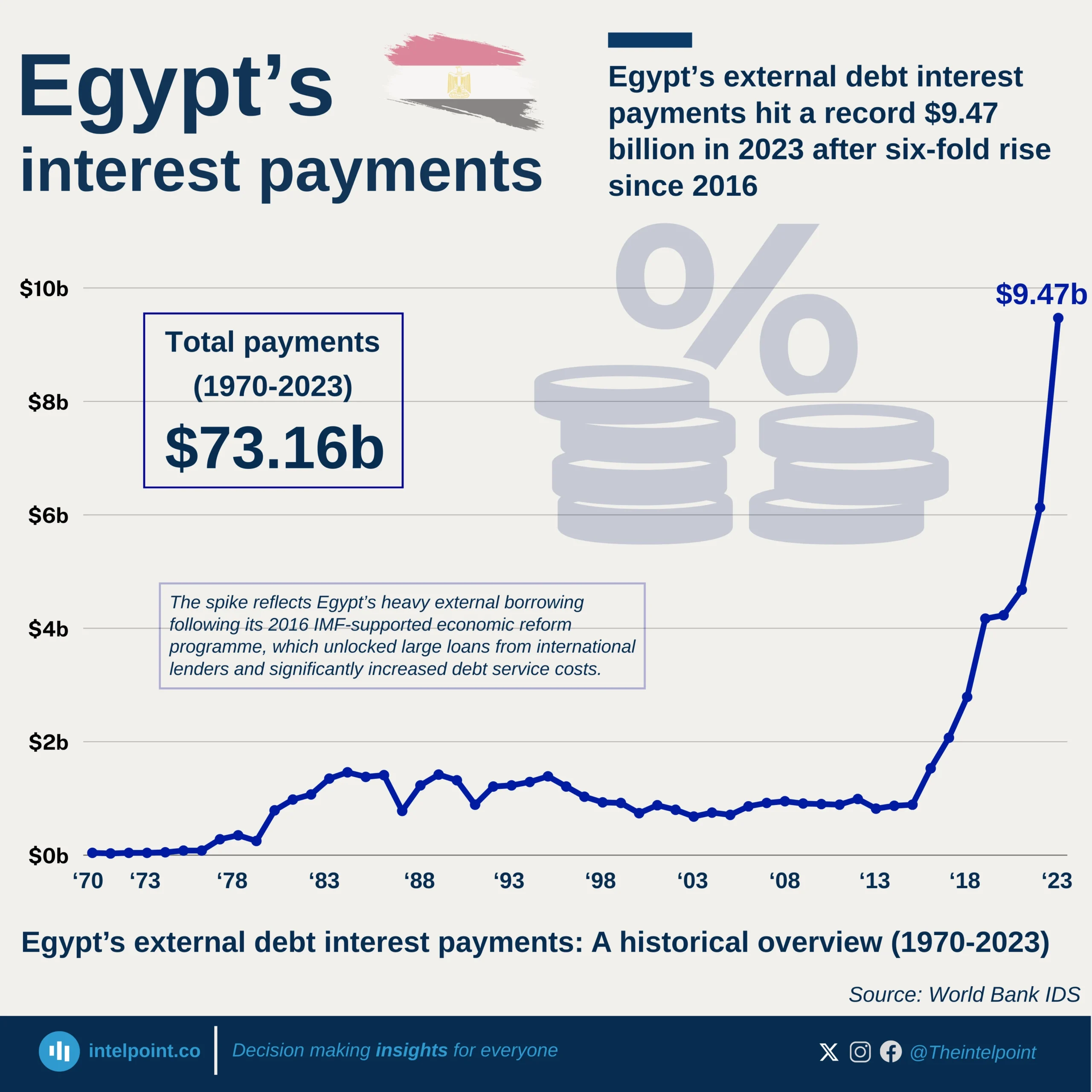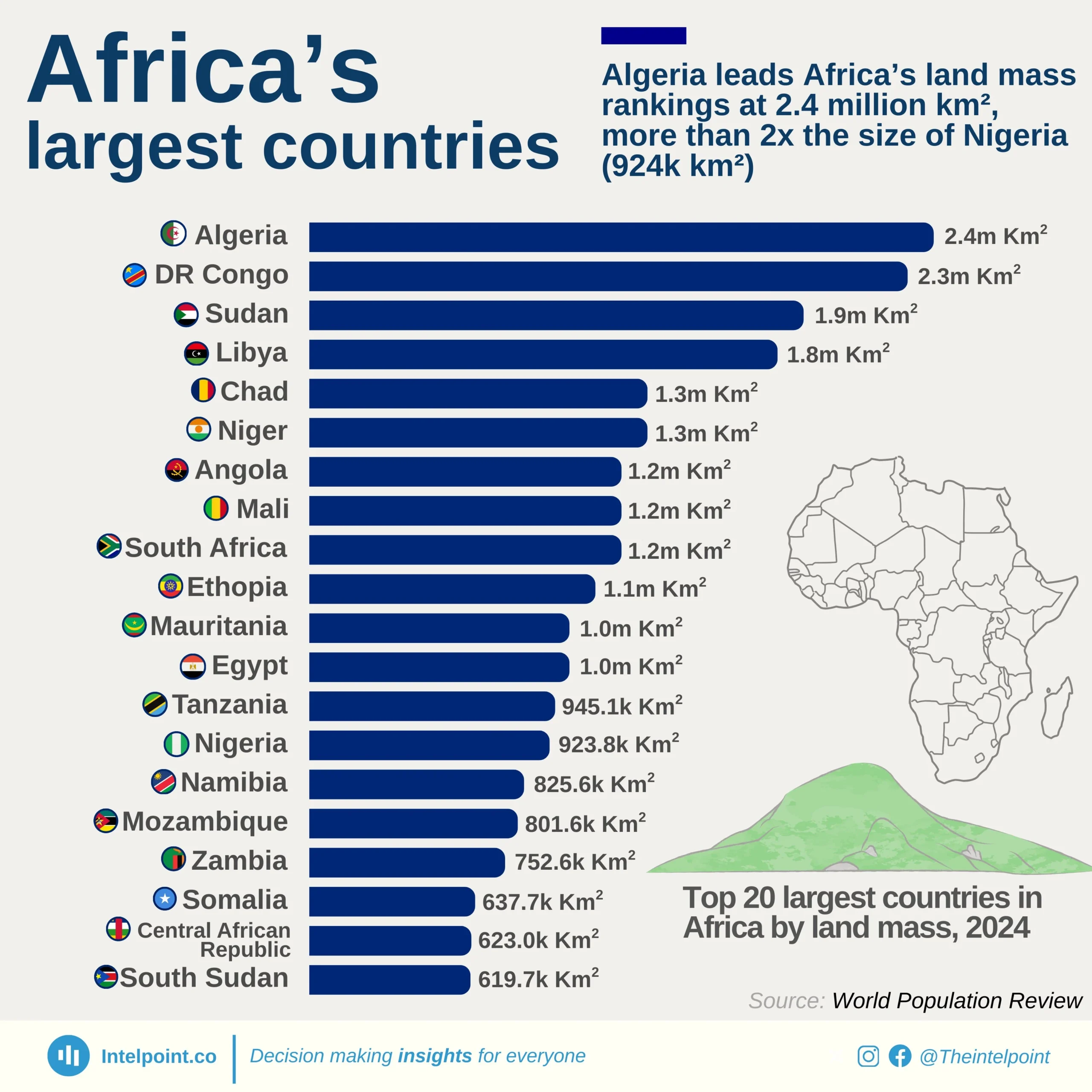Africa’s instant payment landscape is evolving, with cross-domain systems leading in 13 countries, highlighting a strong push for interoperability. These systems allow seamless transactions across banks, mobile money platforms, and fintech services, reducing reliance on cash. Mobile money-based systems are active in 9 countries, reflecting the widespread adoption of telecom-driven financial services, as seen with M-Pesa in Kenya. Bank-led systems operate in 8 countries, showing that traditional financial institutions still play a crucial role in instant payments. Nigeria's e-naira is the only sovereign currency-backed system, suggesting that government-led digital payment innovations remain limited. Many nations use multiple systems, strengthening financial access.
